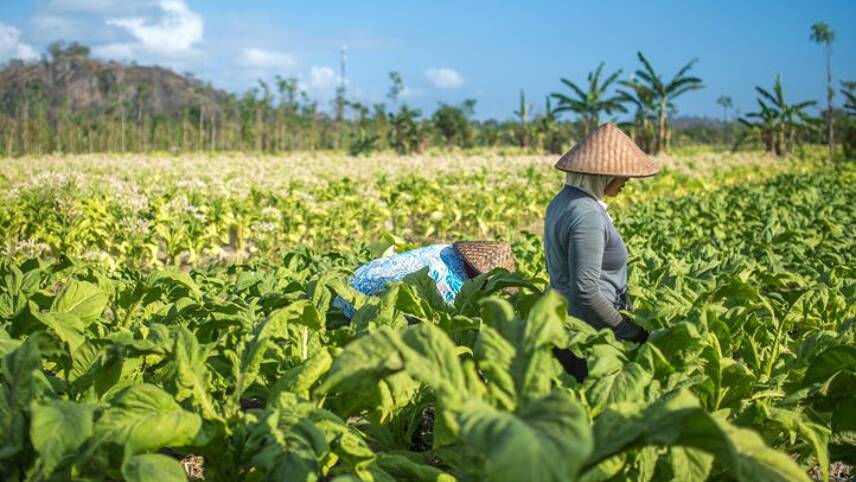Register for free and continue reading
Join our growing army of changemakers and get unlimited access to our premium content

When I moved from the Co-op to British American Tobacco, my decision was met with considerable scepticism. “Why would you want to work for a business whose products cause so much harm? How can you expect to make a difference? What happened to your idealism?”.
My response is always that BAT’s challenge is the very reason to be a part of this business. We aim to be part of the solution. We are a large multinational whose number one priority today is to reduce the health impact of its business and to show leadership in all aspects of ESG. Because by providing a choice of reduced-risk products and relentlessly pursuing more sustainable practices across the business, we will deliver A Better Tomorrow for all our stakeholders.
Creating A Better Tomorrow includes considering the entire life cycle of our products. For the first time ever, we are focused on an eco-proposition for consumers which means our sustainability ambitions are intrinsically linked to the financial bottom line. The Circular Economy is an innovative solution to a pressing challenge that BAT is wholeheartedly committed to. It is the drive towards a new system in which we are smarter in how we design things and being more conscious of what happens to our products when the consumer has finished with them.
Thinking and acting in line with circular economy principles is complex, and we don’t expect to have all of the answers or be able to make all of the changes immediately. But there are certainly things we can and are doing straight away.
For example, our Vype vapour products, we found the silicone caps used in the packaging of e-liquid pods weren’t necessary for product quality, so we removed them. We’re also trialling schemes for our consumers to return and recycle new category products and are aiming to have take-back schemes for all new category devices by the end of 2021. A leading approach to ESG and the circular economy also means working across our value chain. We work increasingly sustainably with our contracted tobacco farmers across the globe to increase their resilience to climate change and reduce adverse agricultural impacts on the environment. This includes the sustainable use of forest resources and helping farmers switch to locally sourced alternative fuels such as rice husk briquettes. These are small steps towards a really big impact.
The steps may be small but our ambitions are big – I’m really proud that we’ve recently announced some big targets around plastics and recycling: to remove all unnecessary single-use plastic from packaging; for 100% of plastic packaging to be reusable, recyclable or compostable; and to introduce 30% recycled content to plastic packaging – all by 2025. Media can be cynical of corporate targets but having goals in place is essential to guide decision making and ensure businesses are accountable to stakeholders when reporting on progress.
For every target, there is always the opportunity to do more and improve at all stages of the process. It is important to emphasise that there are huge, complicated challenges that need to be tackled and BAT is certainly not alone in the industry in caring and thinking about how we address these issues. Collaboration and an industry-wide shared mindset are crucial if we are to be successful.
Like many companies, we are on a continuous journey and I’m pleased to say that since joining, BAT has evolved from a business where sustainability has always been important, to one where it is front and centre in all that we do. For me, this is what our team has been striving for and it has validated my decision to join the company in the first place.
But we won’t stand still. For about 500 years we have known that the Earth is round. Over the next decade, we need to make its economy circular.



Please login or Register to leave a comment.